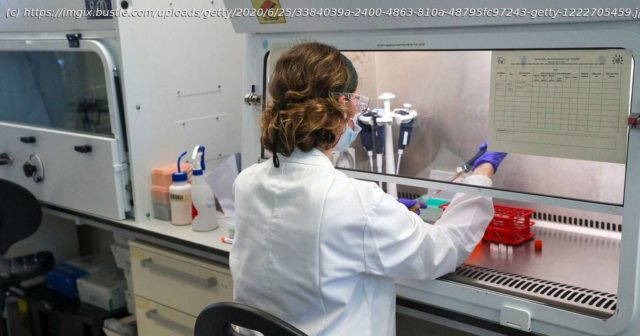Studies show it is safe, but still too soon to know if it can stop people from being infected.
Health Studies show it is safe, but still too soon to know if it can stop people from being infected. Since the World Health Organisation (WHO) classified COVID-19 as a pandemic on March 11, scientists around the globe have been racing to develop a vaccine to combat the virus and allow life to return to normal. Here in the UK, trials are taking place at the University of Oxford and Imperial College London, but when exactly there will be a coronavirus vaccine available in the UK remains unclear. Here’s what we know so far. Human trials of the UK’s first vaccine for COVID-19 began towards the end of April at the University of Oxford. According to the BBC, “two volunteers were injected, the first of more than 800 people recruited for the study.” Since then, more than 10,000 volunteers – including over more than70 children, aged between five and 12 – have been enrolled in the second phase of the trial. On July 20 it was announced that the COVID-19 vaccine being developed at University of Oxford appears to be safe and « trains » the immune system. Those participating in the trials have been found to produce antibodies that can fight COVID-19, researchers say. So while it doesn’t make you immune, it does make you more likely to be able to fight off the virus. Though a promising result, scientists have said larger trials still need to happen before the vaccine can be signed off. The government has already signed a deal for 100 million doses of the vaccine being developed by AstraZeneca at Oxford. This is on top of a further 90 million doses that the government has invested in which are being developed by pharmaceutical companies BioNtech and Pfizer. Separately, Valneva is developing another vaccine, too. The BBC has reported that the government has invested in all three as they use different approaches: Valneva’s vaccine uses an “inactive version of coronavirus”; Oxford’s a “genetically engineered virus”; BioNtech and Pfizer’s version injects part of “coronavirus’ genetic code”.






